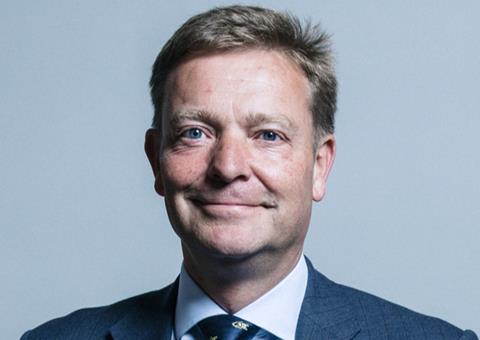
Opponents of banning sales of new internal combustion engine cars in 2030 claim the costs will be five times greater than the benefits.
A new report by a leading consultancy, the Centre for Economics and Business Research (CEBR), suggests the environmental benefits will be worth £76bn, but the costs will add up to £400bn.
The report was sanctioned by an All Party Parliamentary Group (APPG) called Fair Fuel for UK Motorists and UK Hauliers, and funded by FairFuelUK, the Alliance of British Drivers and Motorcycle Action Group.
According to the report, the major costs from the proposed ban are likely to be:
- new vehicle purchases of £188bn (in extra costs);
- increased time lost due to waiting while recharging EVs, valued at £47bn; and
- infrastructure for electricity generation and additional charging points of £99bn.
It also notes there is likely to be a loss of tax revenue of £5.8bn a year (£2.7bn when discounted to 2022 base year terms), on average, in the scenario of a ban in comparison to a no-ban scenario, as fuel duty and VAT dwindle away.
Craig McKinlay MP, chair of the Fair Fuel APPG and Net Zero Scrutiny Group, commented: “This in-depth study from the CEBR shows unequivocally that the costs of the proposed ban on petrol and diesel vehicles would be many times the benefits.
“Strikingly, even when using the government’s own methodology on carbon pricing, the study finds that the costs are a staggering five times the estimated benefits. Other reports show the CO2 savings of electric vehicles are limited, not to mention the reality of the limited supply of the elements required for batteries largely under Chinese control and the human misery associated with the mining process.
“No policy can be justified which has such an unbalanced ratio of costs to benefits, under a range of different assumptions. I really hope the government will study these results carefully and abandon a policy that can only leave people worse off. It’s time for a more nuanced approach to decarbonising transport that allows for innovation across the automotive sector. Continuing with this rigid and authoritarian ban risks disaster.
Karl McCartney MP, a member of the Transport Select Committee, said: “There will still be ICE vehicles on land, sea and air, and maybe alternatives to fossil fuels might be a route to follow, with synthetic fuels maybe being a part of the solution of how we transport ourselves, foods, goods and materials around after 2030/2050. As a country we need to support personal choice and vehicle autonomy: the vast majority of my constituents will never contemplate the economic lunacy of an electric vehicle. A new vehicle to them and their family is the equivalent of an average eight-year-old ICE Ford Mondeo. The self-appointed metropolitan elite need to extricate their heads and wake up to the detrimental costs to our nation’s people and economy of what they have been led to believe, and have given their tacit support too, and drive back to the reality checked side of the UK road.”
Douglas McWilliams, vice chair of CEBR: “I’m not against electric vehicles, quite the opposite. But forcing their premature adoption has huge costs which are not covered by the environmental benefits. And the bulk of the environmental benefits are lost in any case through additional production emissions.”

































No comments yet